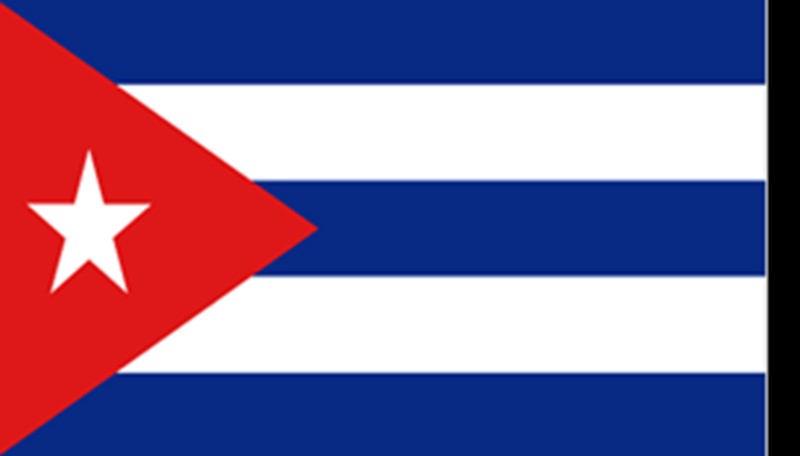
Cuba announced today it will allow real estate to be bought and sold for the first time since the early days of the revolution, the most important reform yet in a series of free-market changes under President Raul Castro.
The law, which takes effect November 10, applies to citizens living in Cuba and permanent residents only, according to a red-letter headline on the front page of today's Communist Party daily Granma and details published in the government's Official Gazette.
The law limits Cubans to owning one home in the city and another in the country, an effort to prevent the accumulation of large real estate holdings. It requires that all real estate transactions be made through Cuban bank accounts so that they can be better regulated, and says the transactions will be subject to bank commissions.
Sales will also be subject to an eight percent tax on the assessed value of the property, paid equally by buyer and seller. In the case where Cubans exchange homes of equal value in a barter agreement, each side will pay four per cent of the value of their home.
"This is a very big step forward. With this action the state is granting property rights that didn't exist before," said Philip J Peters, a Cuba analyst at the Lexington Institute in Arlington, Virginia. "If you think about it from the point of view of a Cuban family, it converts their house from a place to live into a source of wealth or a source of collateral. It's an asset that can now be made liquid."
While the Gazette was available online, few Cubans have access to the Internet and most were waiting for the booklet to go on sale at kiosks around the country. A handwritten sign posted at Havana's main distribution centre advised that the law booklet was not yet on sale.
On the streets of Havana, residents said they were thrilled by the news but anxious to see the fine print.
"This is going to help me because I have some money and now I will be able to buy a better house," said Oscar Palacios Delgado, a 68-year-old office maintenance worker, adding he hoped the government would enact other changes to make it easier for Cubans to find building materials for home repairs. "This law will benefit many Cubans."
Cuban exiles will not be allowed to purchase property on the island since they are not residents. Still, they will be able to send money to help relatives buy new homes, and there was speculation some might try to buy homes themselves through frontmen, something the government would likely try to prevent.
The change follows October's legalisation of buying and selling cars, though with restrictions that still make it hard for ordinary Cubans to buy new vehicles.


